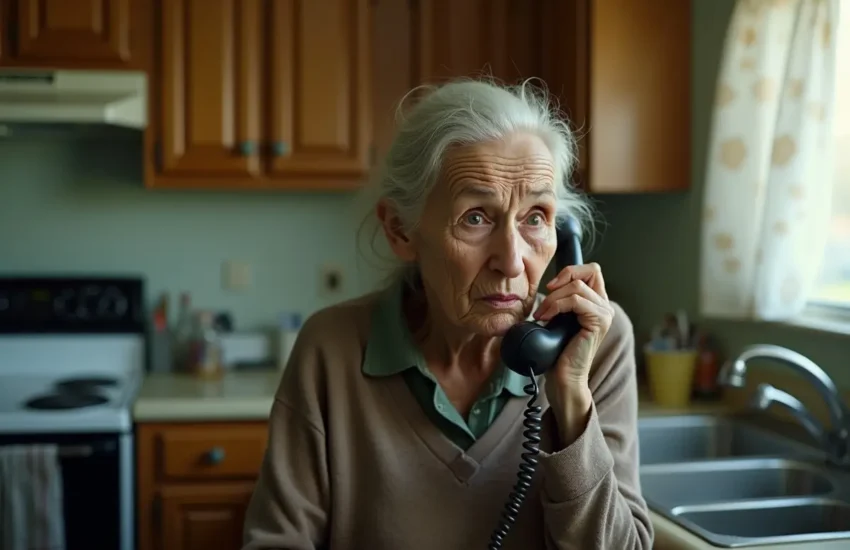How To Haggle Professionally When You’re In A Pawn Shop
Before visiting a pawn business, you should distinguish between selling and pawning. When you pawn something, you are essentially borrowing money against the future value of the item you sell. Your pawnshop will give you a certain amount of time from the time they make you an offer to pay them back and get your item back.
The store is within its rights to resell any goods for which payment has yet to be received. When it comes to loans, there is typically very little wiggle room. On the other hand, selling to a pawn shop is a simple transaction in which you receive cash in exchange for your property and have no obligation to return it or make any payments.

Propose An Offer
As the first step in bargaining, this introduction can significantly impact your final offer. If you are trying to buy anything from a pawnshop and are given a lowball offer, try to negotiate a lower price.
Ask nicely if you may get a discount. The standard practice is making a counteroffer slightly lower than the original offer. It is common practice for pawnshops to negotiate and offer discounts to customers. Don’t beat yourself up too much for asking for more money.
You can read more on how to make a reasonable offer for a reduction. The pawnshop owner wants to make a profit, so haggling for an extremely low price may send the message that you aren’t truly committed to making the transaction. Don’t expect to get the item for half off; try to be reasonable about the discount you’re asking for.
Haggle Gently
Pawnshop should make the initial offer. Regardless of whether they initiate the negotiation by asking how much you want for it, it would be best if you still made them an offer first. It is customary to counter the shop’s initial offer with a greater one. However, don’t try to force things, as that could scuttle any chance of successful discussions.
You should expect to get at least 60 percent of your item’s value. Accept an offer from a pawnshop that comes close to that sum. However, if they insist on a bare minimum of 50%, that may be all they get. Confidence and assertiveness are commendable traits, but it is important to know when to back down. If a pawn shop refuses your item, you can leave and try your luck elsewhere.
Have Reasonable Expectations
Pawn Shops typically only pay out 50 percent of an item’s value, so don’t take it personally if they do. To turn a profit on everything in stock, a pawn shop cannot afford to pay retail prices for the items they sell. All items’ sentimental worth, history, and collectability are ignored. Having the right expectations will give you the perfect ground for haggling.
Learn Speaking Skills
It would help if you didn’t tell your pawnshop where you got an item, how long you’ve had it, or the initial cost unless they specifically ask. You could do more harm than good by revealing too much. By disclosing such details, you’re essentially saying that you don’t care how much money you make off the item or that you’re too attached to it emotionally to accept anything less than a high offer.
Also, don’t tell your pawnshop how much you know about the item’s value, even if you’ve done your homework. That is something they need to figure out for themselves, taking into account how likely it is to sell.
Plan For Several Visits
You can make multiple journeys to the pawn shop if you have many items to sell. Become a regular at the business, and you’ll get to know the employees and learn what works best with them. As a bonus, the employees may treat you better if they realize you’re a repeat customer. Start with a smaller item if you want to sell or pawn something expensive later.
Walk Away From Bad Offers
Always have an exit strategy. Be prepared to walk away if you are not offered a fair price for your items. If you know what your things are worth, you should accept at least 40 percent of their retail price offer. Numerous additional pawn shops are available to which you may present your items for appraisal.
The key to a successful negotiation is clearly stating your offer. Remember that the pawnshop owner wants to buy your item from you at a fair price, not a low one. Since that is part of their job description, they are eager to bargain and provide lower costs. It would be best if you didn’t let the fact that certain pawn shops are unfriendly color your opinion of the rest of the industry.


